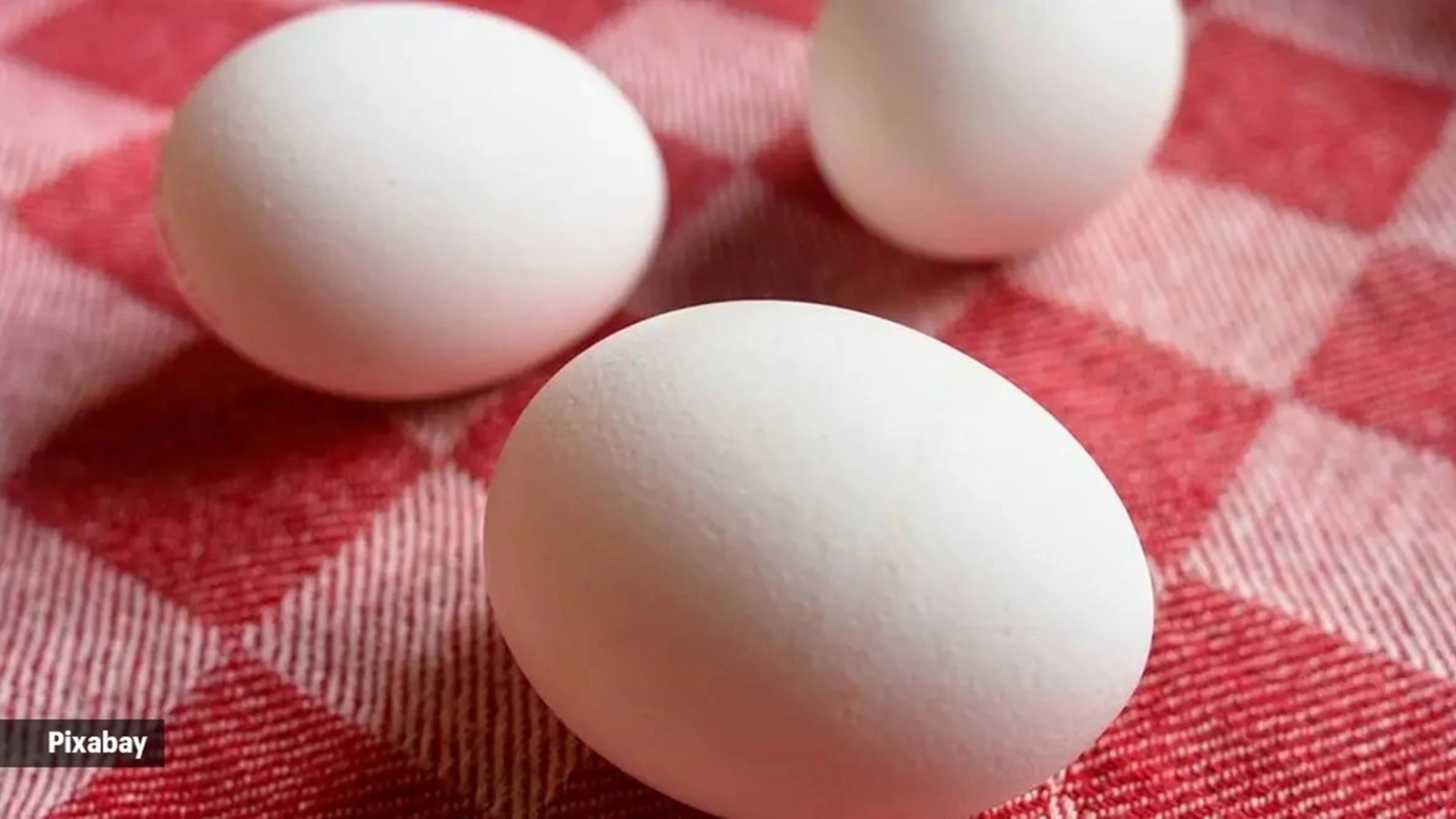📣 For more lifestyle news, click here to join our WhatsApp Channel and also follow us on Instagram
Here’s what Upasana Kamineni Konidela eats in a day: ‘I believe in…’
Staying well-hydrated is crucial, so drink an adequate amount of water during both fasting and eating periods, said Edwina Raj, head of services, clinical nutrition and dietetics, Aster CMI Hospital, Bangalore
 Upasana on her diet (Source: Upasana Kamineni Konidela)
Upasana on her diet (Source: Upasana Kamineni Konidela) Each celebrity has a different approach to eating food — while some swear by fasting, others believe in moderation and portion control. So, when actor Ram Charan‘s wife and entrepreneur Upasana Kamineni Konidela opened up about her diet, we took notes.
Upasana admitted that is a staunch follower of interim fasting, popularly known as intermittent fasting. “I believe in interim fasting. It is a 14-hour gap between the last meal the previous night and your first meal the next morning. My breakfast is high in protein, as high-protein foods in the morning don’t let your sugar levels spike throughout the day. They keep you satiated much longer and give you the energy required for the rest of the day. And, high protein would mean eggs or sprouts,” Upasana told Melbiflask.
But when she wants to binge, “and if I know I can burn it off, then I do a chicken or fish curry”, admitted Upasana.
If you too are keen on trying interim fasting, here are a few things to take note of.
This eating pattern cycles between periods of fasting and eating. “It does not emphasise specific foods but rather focuses on the timing of food consumption. The concept behind intermittent fasting is not primarily about calorie restriction but about regulating the timing of food intake to potentially benefit overall health and aid in weight management,” said Edwina Raj, head of services, clinical nutrition and dietetics, Aster CMI Hospital, Bangalore.
During fasting periods, your body switches from burning sugar to burning stored fat.
 Do you have eggs for breakfast? (Source: Pixabay)
Do you have eggs for breakfast? (Source: Pixabay)
During the eating periods of intermittent fasting, it is essential to prioritise nutrient-dense, whole foods to ensure you are getting essential vitamins and minerals. “This includes incorporating a wide variety of fruits, vegetables, whole grains, lean proteins, and healthy fats into your meals to support overall health,” said Edwina.
Staying well-hydrated is crucial, so it’s important to drink an adequate amount of water during both fasting and eating periods. In addition, during the fasting period, non-caloric beverages such as herbal teas and black coffee are often permitted and can help stave off hunger.
It’s important to note that these beverages should be consumed without added sugars, to avoid disrupting the fasting state. Find a balance that aligns with your specific dietary needs, said Edwina.
If you’re new to fasting, begin with a shorter fasting window and gradually increase the duration, suggested Dt. Vaishali Verma, consultant, nutrition and dietetics, Manipal Hospital, Dwarka. “Instead of starting with a 16-hour fasting window, it is always better to start with 7 hours as it will help your body to adapt to the process. During your eating window, focus on consuming nutritious foods,” said Verma.
Drink plenty of water, black coffee, or unsweetened tea during the fasting window. “Listen to your body. If you feel unwell during your fast, break it and try again another time,” added Verma.
View this post on Instagram
What to note?
Here are some groups who generally shouldn’t do intermittent fasting:
*Children and teens under 18
*Pregnant or breastfeeding women
*People with type 1 diabetes
*People with a history of eating disorder
It is essential to note that individual responses to intermittent fasting may vary. You may not be able to meet your daily requirement of nutrients in your window period which eventually results in nutritional deficiencies and severe hair fall. “Most individuals complain of increased cravings towards unhealthy food, binge eating disorder, low energy to get involved in high-intensity workouts,” said Edwina. “Hence seek guidance from a qualified dietitian or doctor to assess the suitability of intermittent fasting based on individual health considerations and objectives,” said Edwina.
📣 For more lifestyle news, click here to join our WhatsApp Channel and also follow us on Instagram



- 01
- 02
- 03
- 04
- 05
























